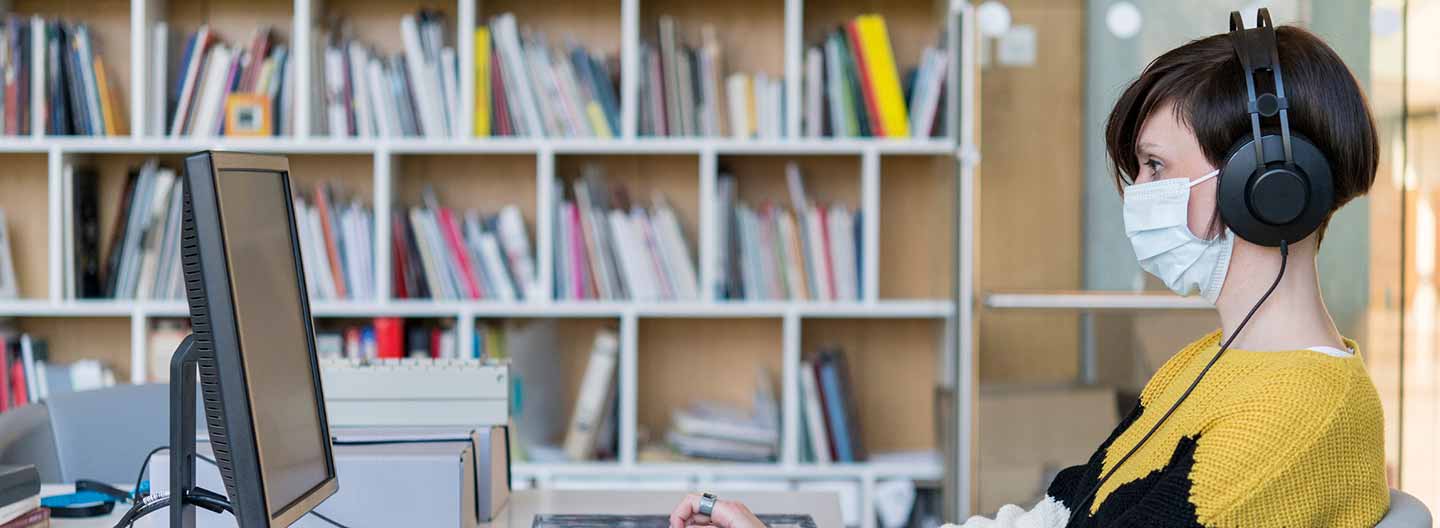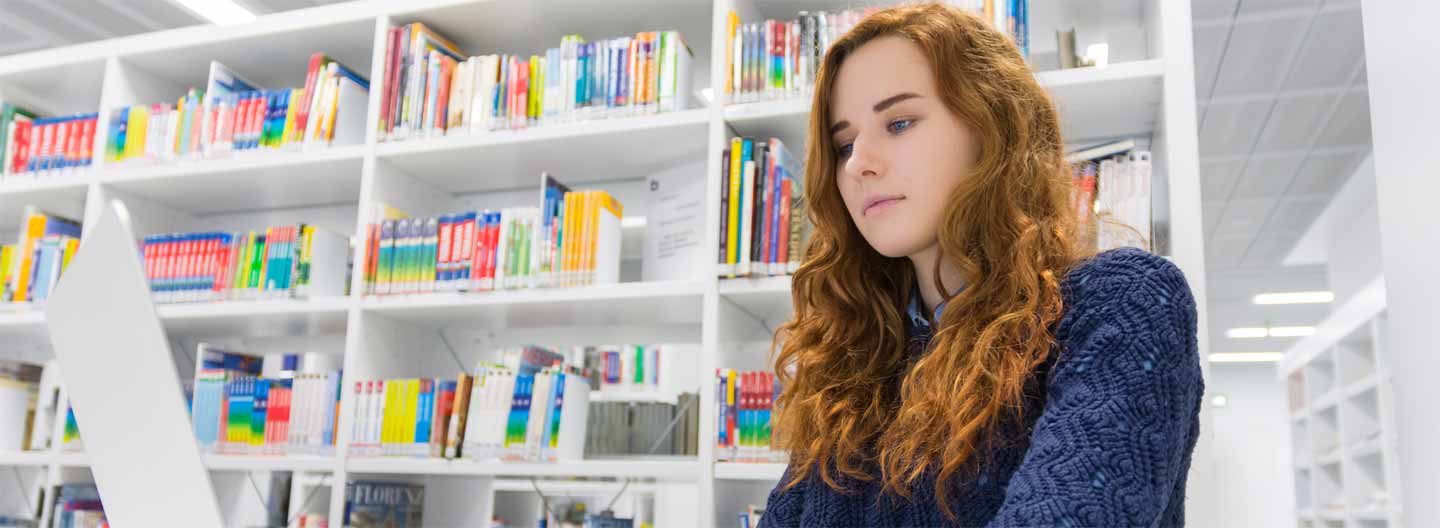What's new in library tech! Welcome to our monthly collection of fun and hopefully useful news items from our great twitter feed and wherever else we find them.
This hot and sultry month we feature a debut novel by TechSoup's founder, Daniel Ben-Horin, news about the new Library Stabilization Fund legislation in Congress, and super useful stats you can use from ALA's latest State of America's Libraries Report.
We then move on to the Fresh EBT mobile app for your food insecure patrons, Smithsonian's fun digital jigsaw puzzles to while away the empty COVID hours, and a nifty HTML5 periodic table reference for your budding website coders. Finally there's the latest ALA survey results on how U.S. public libraries have responded to the pandemic so far and the disturbing question about whether the Libby app is a problem for your library. We do like to mix things up here at TechSoup for Libraries!
Here's your library tech newsbytes for the dog days of summer.
TechSoup Founder Daniel Ben-Horin's Debut Novel, Substantial Justice
TechSoup's founder, Daniel Ben-Horin, is quite a guy. He has created multiple nonprofit organizations, and we're proud to announce that he has now become a novelist. His debut novel, Substantial Justice, explores an undercurrent of technology and social justice that we recognize as the heart of what led him to start TechSoup. But the book is also a fast, entertaining summer read with a twisty whodunit plot. It also has a particularly strong sense of place — Northern California in the 1980s. Intrigued? Here's our official announcement.
The Library Stabilization Fund Act
American Libraries Magazine reports that Sen. Jack Reed, D-R.I., and Rep. Andy Levin, D-Mich., have introduced the Library Stabilization Fund Act (LSFA) in both houses of Congress. The legislation calls for $2 billion in federal support for libraries, with a minimum of $10 million to each state. The bill is endorsed by the American Library Association, which is asking members to call and email their members of Congress, tell their library impact stories, and ask them to co-sponsor LSFA.
ALA's Latest State of America's Libraries Report
ALA's latest State of America's Libraries Report came out this spring. The report covers the calendar year 2019. Here's some useful stats for sharing with local government officials.
Public libraries strengthen local economies:
- 84% of libraries offer technology training to patrons in computer software use.
- 77% provide online health resources.
- 60% offer programs to help Americans identify health insurance resources and get better informed on health topics.
- 73% provide programs that assist individuals to apply for jobs, create résumés, and prepare for interviews.
- 97% help people complete online government forms.
Of course libraries are frontline responders in difficult societal issues affecting our communities: homelessness and drug addiction — but that is not news.
The Fresh EBT Mobile App
The Fresh EBT mobile app by the company Propel started in 2014 to help Supplemental Nutrition Assistance Program (SNAP) recipients check their food stamp balance on their phone, clip coupons, and apply for jobs. Now that more people are struggling, Propel is also offering its customers practical guides to pandemic-related government services, and it is directing $1,000 cash payments, funded by charities, to individuals. Jimmy Chen, Propel's young founder and chief executive, said nearly nine in 10 people who use Propel's app said they had lost their job or had work hours cut since the pandemic hit. The app is free and available in English and Spanish.
Smithsonian's Digital Jigsaw Puzzles
The Smithsonian Institution presents some clever fun for your patrons at home with some free digital jigsaw puzzles. These are classic paintings broken into pieces to put back together. I personally recommend Italian artist Umberto Brunelleschi's Pour rêver un peu.
The HTML5 Periodical Table
The HTML5 Periodical Table courtesy of WebsiteSetup is a clever reference resource that may well be very useful for patrons learning HTML coding to create web pages. Just click on any of the boxes to get a concise description of what each HTML element does and how it is used.
By the Numbers: How U.S. Public Libraries Have Responded to the Pandemic
The results are in: ilovelibraries reports that ALA recently surveyed libraries across the country and found that 98 percent of respondents had closed their doors to the public, but also that libraries are still finding innovative ways to provide access to information for all.
Here are a few of the most common ways public libraries have reported responding to COVID-19:
- 76% have extended online renewal policies.
- 74% have expanded online checkout services.
- 61% have added virtual programming.
- 41% have expanded online reference services.
Is the Libby App a Problem for Public Libraries?
Sari Feldman in Publisher's Weekly reported that since the pandemic hit and after stay-at-home orders went in place around the country, an astonishing 250,000 readers installed OverDrive's Libby app. This presents a challenge to libraries. What if readers begin to identify more with the brand delivering their service — for example, the Libby app — and less with their local public library?
We hope you like our new batch of newsbytes this month!






